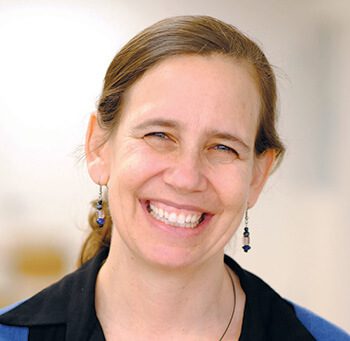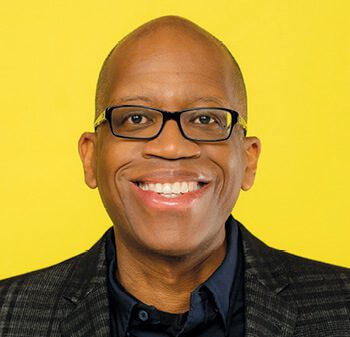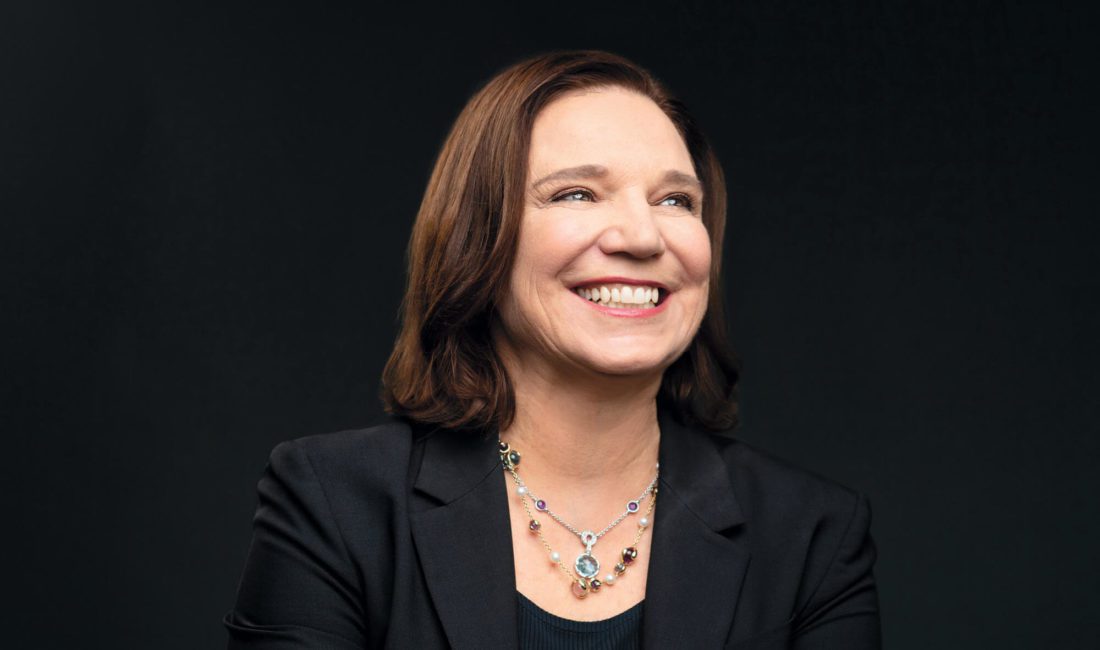Abby Jo Sigal, MBA 99
Executive Director, NYC Mayor’s Office of Talent and Workforce Development
As co-founders of Indiegogo, one of the world’s first crowdfunding sites, pioneers Danae Ringelmann and Eric Schell, both MBA 08, along with Slava Rubin, democratized access to capital and entrepreneurship—all while navigating the industry through unchartered regulatory waters. What started as a funding mechanism for independent filmmakers is now the leading crowdfunding site for tech products and a full-lifecycle platform for art projects and social-impact campaigns. The San Francisco-based company has raised over $2 billion for 800,000+ creative, entrepreneurial, and altruistic ventures worldwide. What’s more, Indiegogo is roughly half women and two-thirds non-white employees—diversity unmatched in the tech industry. Schell, the sole developer during Indiegogo’s first three years, served as CTO, head of data, and head of product during his tenure at the company. Ringelmann served as COO, CFO, and chief development officer during her tenure and remains an active board member. Here’s a look at Indiegogo’s evolution.
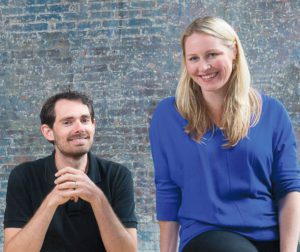 2008
2008
Indiegogo launches (a year before main rival, Kickstarter). Due to federal rules regulating equity investing, donators are given perks (like objects or acknowledgement), not equity. Over the next three years, 92 venture capitalists decline to invest, but Haas profs and classmates introduce the co-founders to advisors and customers.
2010
Forbes reports that crowdfunding is an $880 million business.
2011
Indiegogo raises a $1.5 million seed round and joins President Obama’s Startup America Partnership as the funding site for the entrepreneurial initiative.
2012
The co-founders help the Obama administration pass the Jumpstart Our Business Startups Act, which (eventually) allows for equity crowdfunding. The company raises another $15 million in funding.
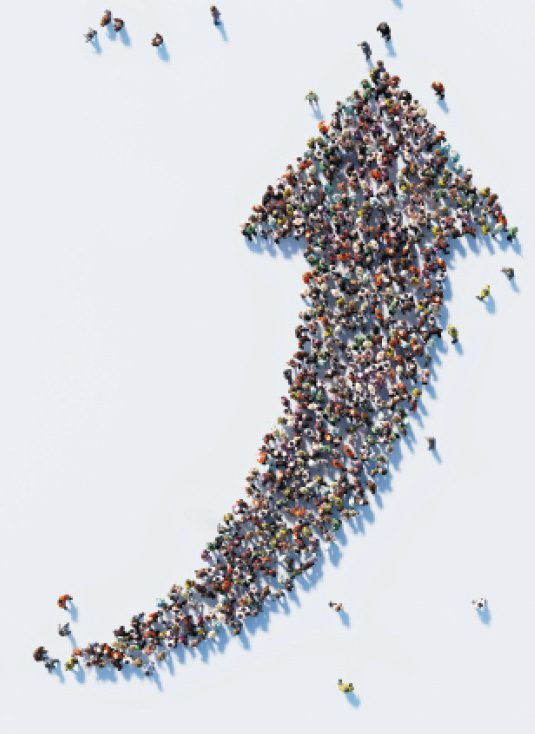
2014
Crowdfunding is now a $16 billion industry. Indiegogo Life, which raises funds (fee-free) for charity-based campaigns and personal appeals, launches. A $40 million infusion brings total funding to $56.5 million. Business luminaries, including Virgin Group Founder Sir Richard Branson, also support the company.
2015
Indiegogo Life is rebranded as Generosity.com. The company launches InDemand, which allows successful campaigners to continue funding a project after its campaign period ends. Ringelmann and Schell receive Haas’ Leading Through Innovation award for improving the financing ecosystem.
2016
A partnership with hardware maker Arrow Electronics offers broader support for entrepreneurs and aids in mass production. Thanks to federal reforms, Indiegogo becomes the first major platform to launch an equity crowdfunding arm.
2017
Revenue is up 50% over 2016, and the company is close to turning a profit. Indiegogo launches an education center and directory of experts. A new marketplace sells successfully crowdfunded items.
2018
Generosity.com is acquired by GoFundMe, allowing for better focus on hardware startups. Ringelmann steps down and moves to Norway, where she owns a lodge and farm.
2019
Schell leaves Indiegogo, eventually landing at another company co-founded by Rubin.
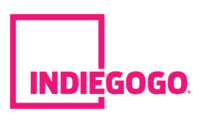
2021
Global crowdfunding is now valued at $13.64 billion and is expected to double by 2028. Indiegogo starts the Crowdfunding Trust Alliance with rival GoFundMe to establish best practices and crack down on fraudulent campaigns.
Posted in:
Topics:
